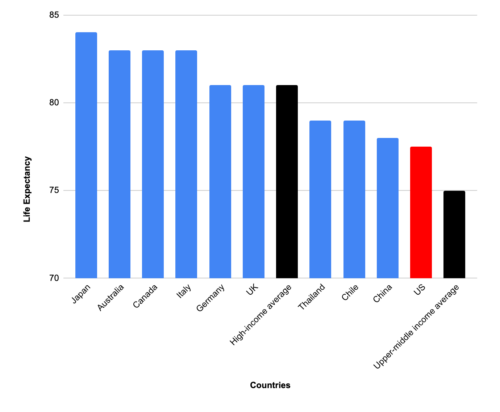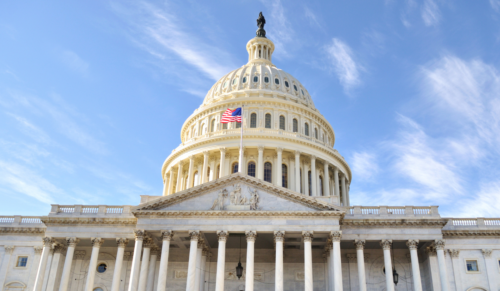Allergan’s Creative Patent Sale Generates Huge Debate
By: / 09.21.2017
Debate has erupted in the past week and a half over Allergan’s surprise move to transfer all of its intellectual property rights to its blockbuster drug Restasis to the Saint Regis Mohawk Indian Tribe. Allergan’s CEO Brent Saunders said he sold Allergan’s intellectual property rights in Restatis to protect it from the “double jeopardy” of being challenged in two, separate and independent forums: the federal courts and the Patent Trial & Appeal Board.
Today, the Hill published our article discussing this maneuver and the brewing controversy it highlights over whether the Patent Trial & Appeal Board’s Inter Partes Review (IPR) process is appropriate for pharmaceutical patents.
From a legal perspective, Allergan is betting that the Board does not have jurisdiction over sovereign entities and that, by selling Restasis patents to a sovereign entity, the patents will be immune from IPR challenges. Even Allergan agrees that its patents should still be subject to challenge in the courts under the Hatch-Waxman Act, which is the landmark 1984 legislation that established patent and approval rules for branded and generic drugs.
As our article explains, IPR is a recent congressional creation that was not intended to be a battleground over pharmaceutical patents. Congress established the IPR in 2011 because “patent trolls” were using old, questionable patents to extort money from high-tech companies, even though these companies independently developed their own innovations. We wrote an in-depth policy brief about patent troll litigation abuse several years ago. By making it easier to get rid of the trolls’ old, over-broad patents, Congress was hoping to facilitate high-tech innovation.
To this end, IPR’s procedural rules and substantive standards are widely viewed as disfavoring patent holders. In fact, IPR has invalidated almost 80 percent of the patents it reviews, whereas litigation over a patent’s validity generally results in upholding a patent 70 percent of the time.
As a result, IPR has quickly become a popular option for those seeking to invalidate patents of all kinds, including pharmaceutical patents. For a robust discussion on tensions between the benefits IPR provides to high-tech and the concern Allergan and others have for its use in the pharmaceutical space, see “Apple Likes the Patent ‘Death Squad.’ Allergan Pays to Avoid It” in Bloomberg. IPR also became subject to its own type of patent trolls, including a hedge fund that reportedlyshorted a company’s stock and filed IPR challenges to its patents to drive down its stock price, a problem for small companies whose value is based on a single patent or two.
No doubt, there is great drama and exciting legal wrangling for us law geeks. Nevertheless, it is important that the coveragenot miss the key points. The core issue here is not whether pharmaceutical patents should be immune from any challenge, but whether they can be challenged in both the courts and IPR. Regardless of what side one is on, this concern is real. As reported here, Novartis had two patents upheld in court, but found to be invalid through IPR.
Similarly, Allergan recently concluded a trial in Federal District Court in Marshall, Texas related to its Restasis patents. If it reaches resolution on its patents’ validity in the courts, should it have to re-litigate the issue all over again in IPR? Senator Schumer, for one, said in a 2015 hearing that “no one anticipated” that IPR would turn out to be “a run-around for Hatch-Waxman.”
Meanwhile, to add another wrinkle to this story, the U.S. Supreme Court is scheduled to hear a Petition this term challenging the constitutionality of IPR. As explained here, the Court will decide whether the Patent Trial & Appeal Board, a government agency, has the constitutional authority to take away a privately held patent. The case involves hydraulic fracking patents, and the Petition argues that a patent is a private property right, and like other property rights, can be extinguished only by the judiciary.
While patent law may sound geeky to some, how these issues get resolved will have a big impact on innovation, both in the high-tech and health care arenas. Stay tuned . . .






